I remember watching Memento (2000) for the first time and having a unique experience. The entire film was backwards; however, I had to no trouble following its narrative. I felt like I was piecing together a puzzle, and felt like I was a part of the film and its structure. This had never happened before, and after watching the film, the name of its director was imprinted into my memory... Christopher Nolan.
Christopher Nolan is one of the most talented filmmakers working today, in terms of a visionary director who is a master at crafting a film. In honor of the tenth anniversary Blu-ray release of Memento, Christopher Nolan visited the Egyptian Theatre for a discussion with Guillermo del Toro.

Guillermo del Toro mentioned that he "kind of hates" him because Memento was only Christopher Nolan's second feature film. The film is a remarkable achievement for a beginning filmmaker, considering Following is a much smaller film in terms of... everything. Christopher Nolan mentioned that Ridley Scott was a significant influence on his career, most notably Inception (2010). The screenplay for Inception was written a year or two after Memento was finished, and the unconventional narrative structure was still fresh in his mind.
Christopher Nolan discussed the importance of editing process, and mentioned that they filmed a whole bunch of shots not knowing what to do with them, primarily shots of Leonardo's wife. The editor went in and put in some shots of her in the last sequence, which match cuts serves as match cuts with Leonard. This helped up the emotional impact of the story, and created an layer within the film that would later be explored in depth in Inception. In addition, the screenplay didn't have an emotional center and was written as a very "cold" story. In his opinion, Guy Pierce (who he was reluctant to cast because he was much younger than he had imagined) was the one who brought the emotional center of the story to the character.
There were some difficulties in finding a distributor, as many studios did not feel like there was an audience for this film. Christopher Nolan also said that Quentin Tarantino was an influence on him because he inspired him to read crime novels and stories, which became the basis for his film. In his opinion, the film holds up ten years later because he was inspired by novels and stories rather than films, which is why he feels films like Reservoir Dogs (1992) and Pulp Fiction (1994) are more "retro."
There was also some discussion about "Memento Mori," the original short story his brother, Jonathan Nolan, was writing prior to the making of the film. The film, however, was filmed and edited before the story was finished. Christopher Nolan discussed the reason why, claiming that he was able to make the story of the film subjective before his brother.
I have always wanted to see Christopher Nolan in person, especially after seeing Memento for the first time. There's something humble and honest about him, even though he has the entire Batman franchise sitting on his shoulders. There's no question that he has come a long way in the past ten years, and become one of the most in demand filmmakers working today. I was blown away by Memento years ago, and his name has stuck ever since. Christopher Nolan is one of the few filmmakers whose name we can mention today and audiences will immediately trust his work... and that's admirable.
Christopher Nolan discussed the importance of editing process, and mentioned that they filmed a whole bunch of shots not knowing what to do with them, primarily shots of Leonardo's wife. The editor went in and put in some shots of her in the last sequence, which match cuts serves as match cuts with Leonard. This helped up the emotional impact of the story, and created an layer within the film that would later be explored in depth in Inception. In addition, the screenplay didn't have an emotional center and was written as a very "cold" story. In his opinion, Guy Pierce (who he was reluctant to cast because he was much younger than he had imagined) was the one who brought the emotional center of the story to the character.
There were some difficulties in finding a distributor, as many studios did not feel like there was an audience for this film. Christopher Nolan also said that Quentin Tarantino was an influence on him because he inspired him to read crime novels and stories, which became the basis for his film. In his opinion, the film holds up ten years later because he was inspired by novels and stories rather than films, which is why he feels films like Reservoir Dogs (1992) and Pulp Fiction (1994) are more "retro."
There was also some discussion about "Memento Mori," the original short story his brother, Jonathan Nolan, was writing prior to the making of the film. The film, however, was filmed and edited before the story was finished. Christopher Nolan discussed the reason why, claiming that he was able to make the story of the film subjective before his brother.
I have always wanted to see Christopher Nolan in person, especially after seeing Memento for the first time. There's something humble and honest about him, even though he has the entire Batman franchise sitting on his shoulders. There's no question that he has come a long way in the past ten years, and become one of the most in demand filmmakers working today. I was blown away by Memento years ago, and his name has stuck ever since. Christopher Nolan is one of the few filmmakers whose name we can mention today and audiences will immediately trust his work... and that's admirable.

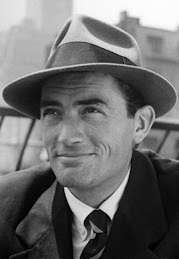

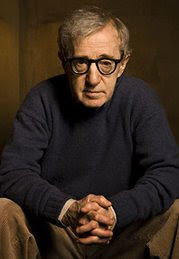

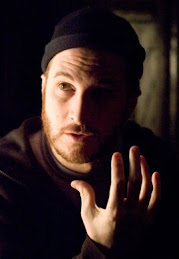

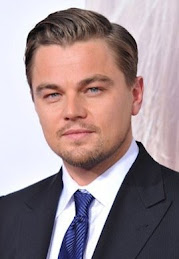
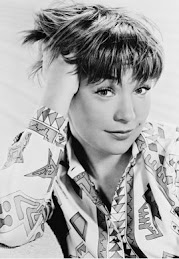
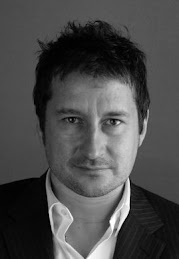
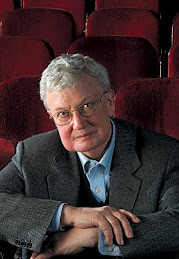
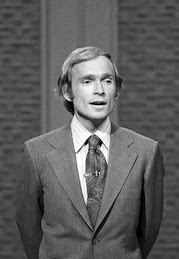


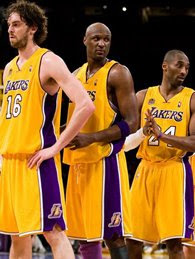

I wasn't aware that the film was edited before Jonathan wrapped up the story! Also, I'm glad you got the chance to meet one of the legends in the industry, I'm extremely jealous right now :)
ReplyDelete"felt like I was part of the film and the structure" - exactly! I envy your getting to meet filmmakers, or at least see them in person. Nice write-up, by the way, on what is quite possibly my favourite film, although, it's not entirely backwards, it alternates between reverse (colour) and forward (black&white) chronology (meeting in the middle with a spectacular slow emergence of colour in a black&white scene).
ReplyDeleteI know, you're right.
ReplyDelete